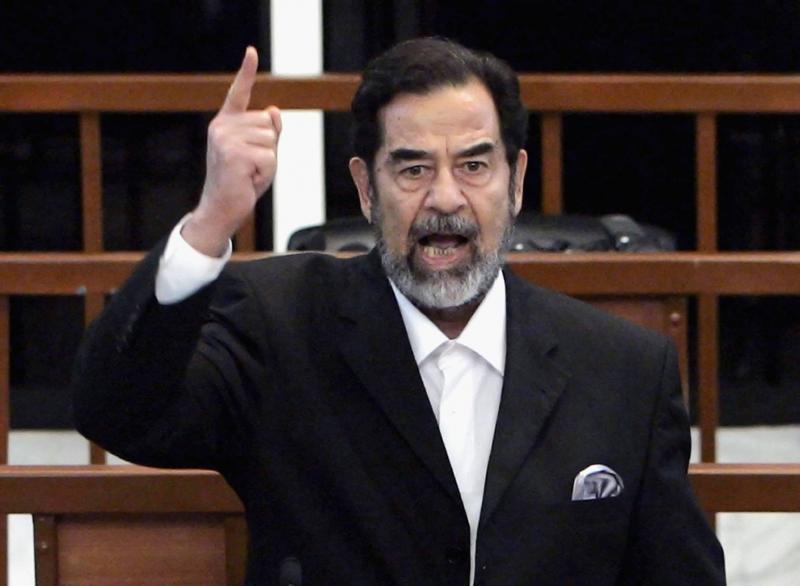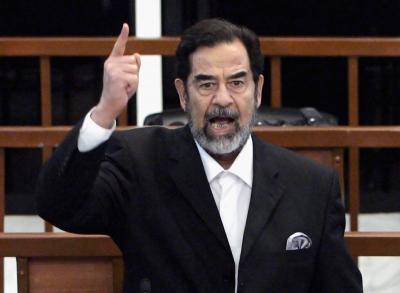Recently, voices have emerged expressing nostalgia for the era of Saddam Hussein, lamenting his days in comparison to the collapse of institutions and the economy, particularly in terms of security, that has befallen Iraq since his removal. Such psychological states and longing for dictatorship are common in many countries and regions, especially in Eastern Europe after the fall of communist regimes. People there have regretted figures like Nicolae Ceaușescu in Romania and Walter Ulbricht in East Germany. In fact, some people in Russia have wished for the return of Joseph Stalin.
These feelings often stem from two main reasons: first, and most importantly, the narrow and short memory of humans, and second, the failure or inadequacy of those who come after. An Iraqi thinks of Nouri al-Maliki and longs for Saddam Hussein. However, they forget that Saddam, who began his reign as a leader aiming at industrial renaissance, quickly devolved into dragging Iraq from one war to another, from one Arab conflict to another, plunging the Arab world into animosity and taking Iraq back a thousand years with the invasion of Kuwait. He started by building Iraq and ended up leaving behind 48 palaces and an unknown number of execution "meals" in the squares of Baghdad.
Images come to mind of an Iraqi wearing a wide-brimmed hat, firing into the air, surrounded by Uday and Qusay, each holding a rifle. Such scenes resemble those from "Macbeth" or "Hamlet," not from a country in the twentieth century, significant in the international family, and foundational in the Arab world. A country of this standing permitted its president to allow the men of the "tribe" to kill the husbands of his two daughters and the fathers of his grandchildren without trial, even by the standards of the trials common in the Arab world. Or like those he too would eventually face at the hands of Paul Bremer and his future prospects, which led him to disband the Iraqi army in revenge against his president, in an act of folly or a crime, the repercussions of which are still unfolding today.
One remembers builders of nations, unifiers of peoples, symbols of freedom, and fathers of pardon and reconciliation from history. Leaders are remembered for their achievements, prosperity, development, particularly for their peace and reassurance.




